Exact Answer: 1 to 3 days
DKA stands for Diabetic Ketoacidosis. It is a medical condition where the patient experiences extremely high blood sugar levels for a prolonged period of time. It is also commonly known as hyperglycemia. Essentially, when DKA occurs, the patient’s body experiences an excess buildup of acids. DKA happens most commonly to patients who are suffering from type 1 diabetes.
When DKA is left untreated, the patient can slip into a diabetic coma. However, DKA takes several hours to become serious and life-threatening. There are ways of preventing and managing the condition. Skipping insulin shots can be one of the main reasons for the development of DKA.
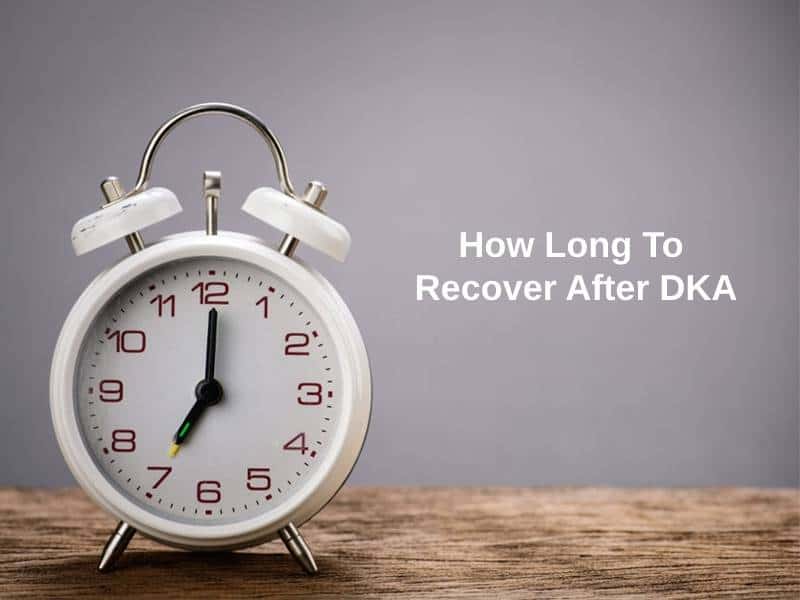
How Long To Recover After DKA?
The time taken to recover from a DKA episode will be hinged on the specific medical history, body chemistry, and overall health of the individual patient in question. If the patient is otherwise healthy and does not have any of the other related risk factors, he or she will recover from the episode much faster than someone who is suffering from other existing co-morbidities.
When a patient experiences a DKA attack, they must be rushed to a hospital immediately for the right care and assistance. If the patient is taken to a hospital timely, he or she will be able to recover within a short span of 1 to 3 days.
However, DKA is also known to cause certain complications in patients. This includes the possibility of suffering from a stroke or a heart attack immediately after the DKA episode. One can also slip into a diabetic coma and experience cerebral edema. In such situations, doctors will keep the patient in the hospital for a longer time and recovery will be a prolonged process for the patient.

If the patient has already been diagnosed with a certain type of diabetes, the chances of the individual developing DKA are higher. However, someone with undiagnosed type 1 diabetes can also suffer from DKA. In these situations, since a diabetes diagnosis has not yet been pronounced, the episode may not be treated as DKA. Then, it will take longer to test for the condition and finally treat it. In such cases, recovery will be longer than normal.
In Summary:
| Circumstances of the DKA Episode | Recovery Time |
| Immediate Hospitalization | 1 to 3 days |
| Complications From The DKA Episode | Recovery depends on the specific complication |
| Undiagnosed Diabetes and DKA | Longer than 3 days |
Why Does It Take So Long To Recover After DKA?
Recovering from DKA is quite streamlined if immediate medical attention is sought because in the hospital all medical resources needed to counter the symptoms of the condition are easily available. Moreover, it is possible to constantly monitor the DKA patient so as to avoid the development of any adverse complications due to the episode.
The intravenous medications used to reduce the blood sugar levels are administered to the patient in the hospital. The medicine administered helps stop the buildup of ketones or acids in the blood. This in turn prevents the brain from swelling and going into a shock. Thus, by remaining on bed rest, the patient swiftly recovers and can go back to his or her normal life in merely 3 days.
However, if the patient in question experiences one of the many complications listed above due to DKA, the treatment of the individual will inevitably take longer. The specific time frame of recovery will depend on the complication faced by the patient. For instance, clearing the fluid buildup in the lungs or treating a stroke due to DKA takes time. Recovering from these major ailments will also be a long hill process.
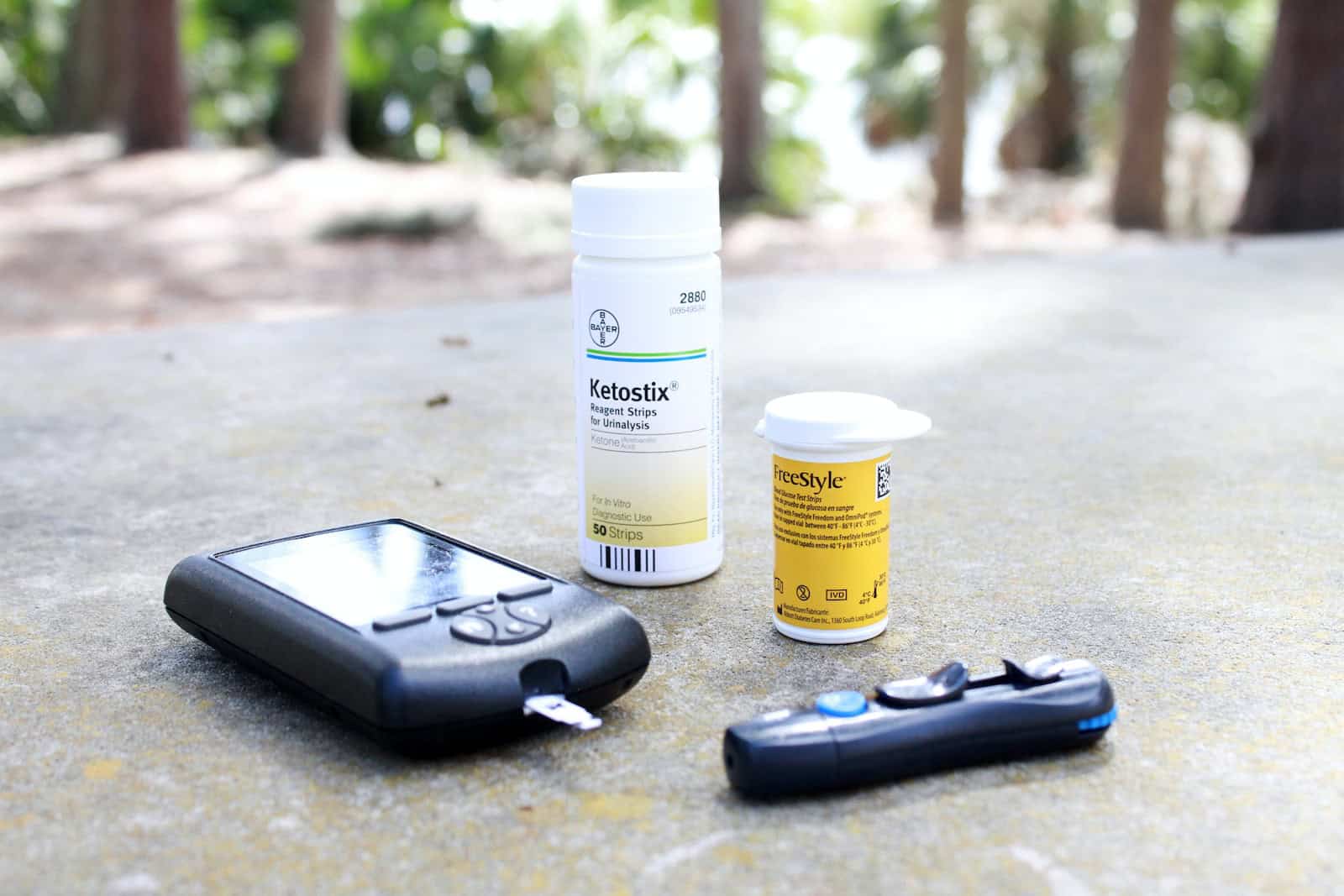
It is important to cognize that DKA is not a one-time-dosage ailment that can be cured by the intake of certain medications. However, it can definitely be prevented. Early detection through testing is an important part of this process. Similarly, it is important to take the requisite insulin shots. Missing these shots is one of the prime reasons for DKA in diabetic patients.
Conclusion
Research suggests that DKA is one of the prime causes of mortality among children, adolescents, and young adults. However, it is a condition that can be easily managed and its worst consequences can be bypassed quite simply. The lack of awareness about managing DKA is responsible for the high mortality rate related to the condition.
After suffering from a hyperglycemic episode, a person can recover within 1 to 3 days. The key to a streamlined recovery is getting medical attention immediately as the symptoms of DKA set in. if the episode was mild, a minor hospital stay will be enough for the recovery. If there are complications due to the attack, recovery can take longer.

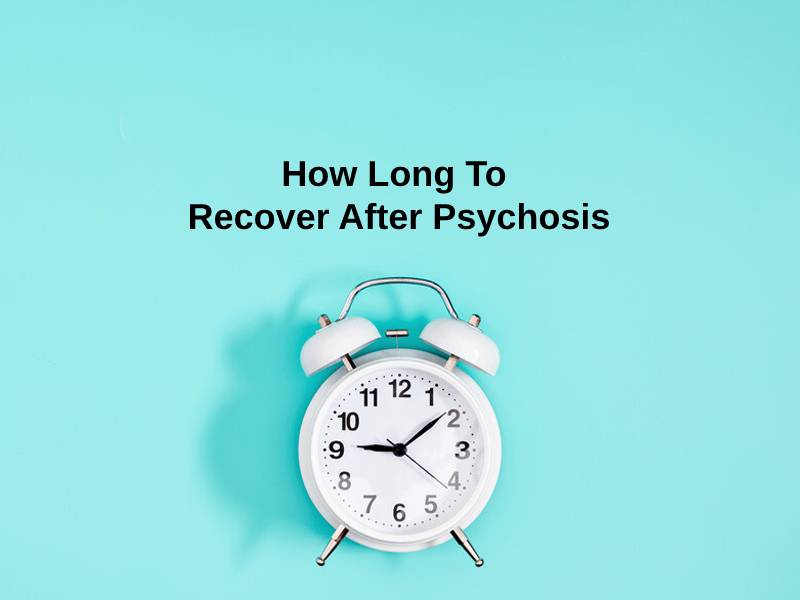
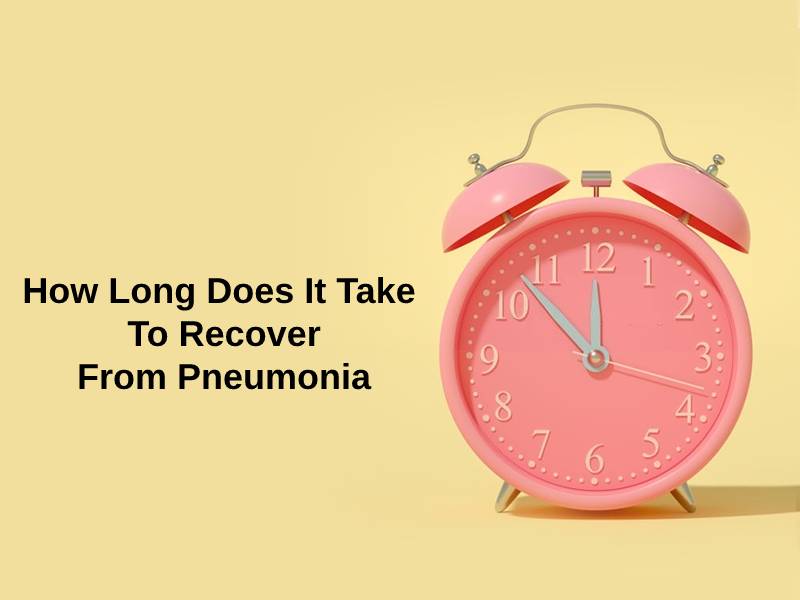


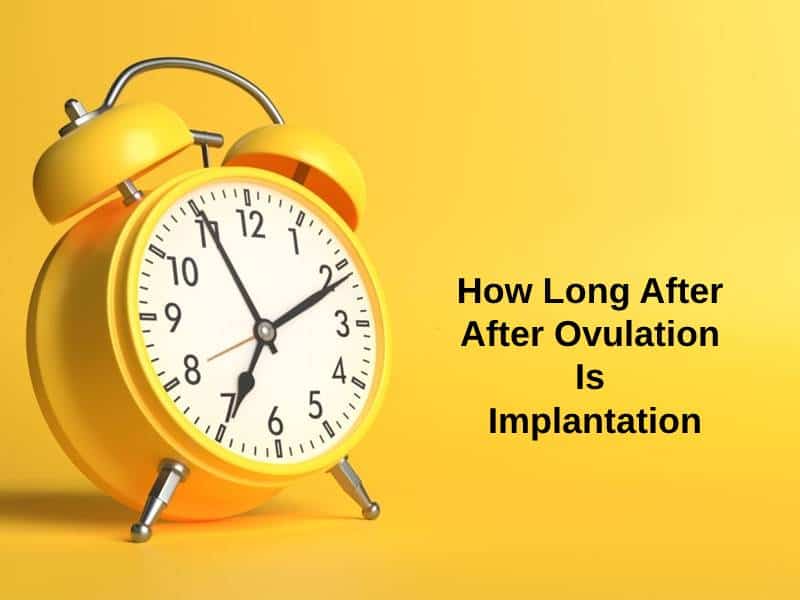
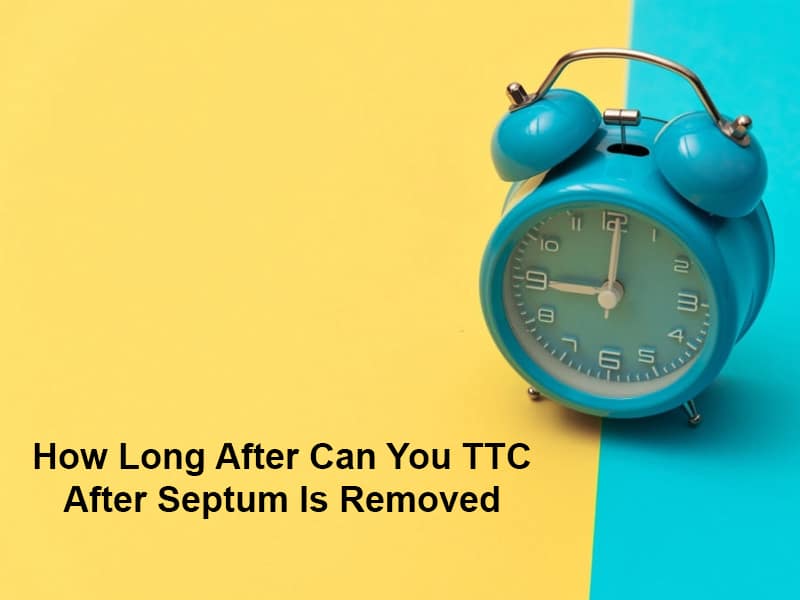

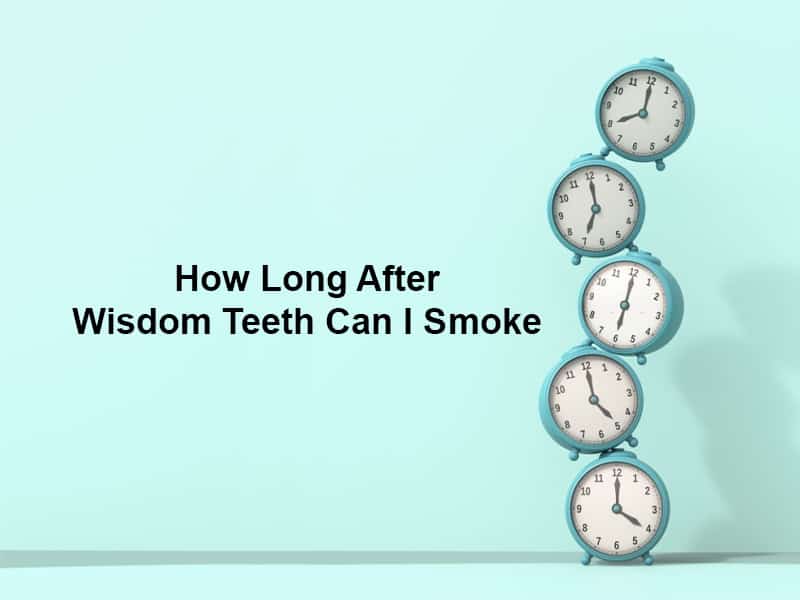
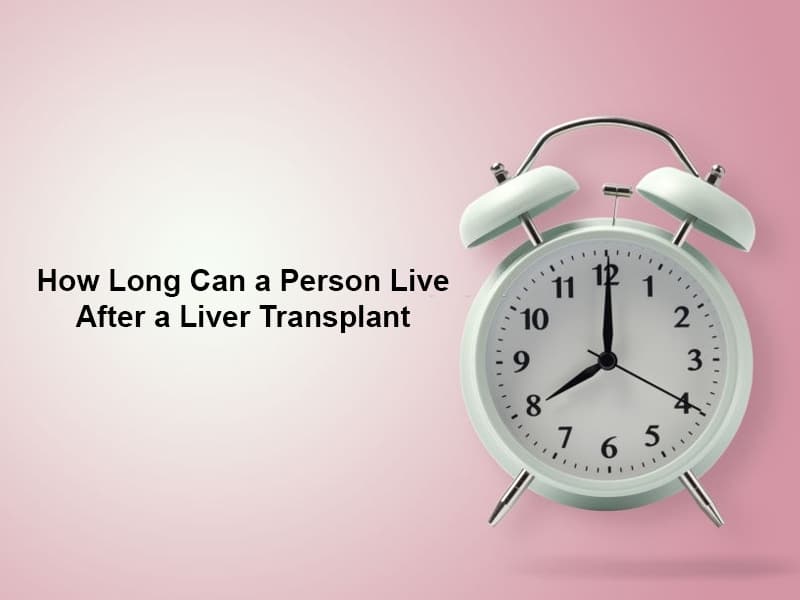
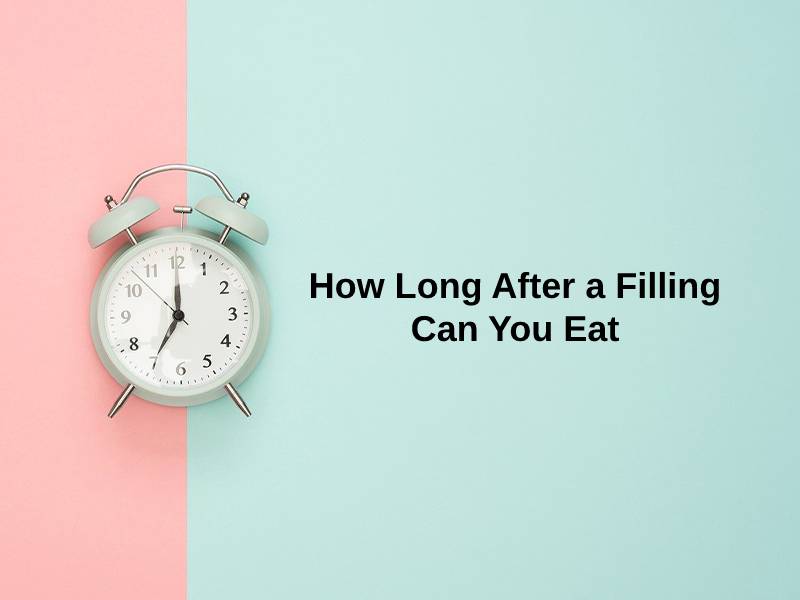
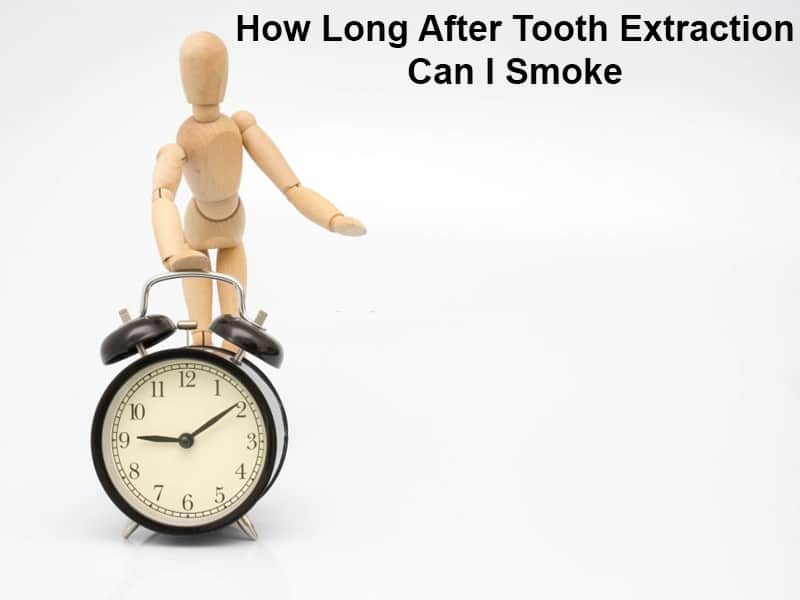

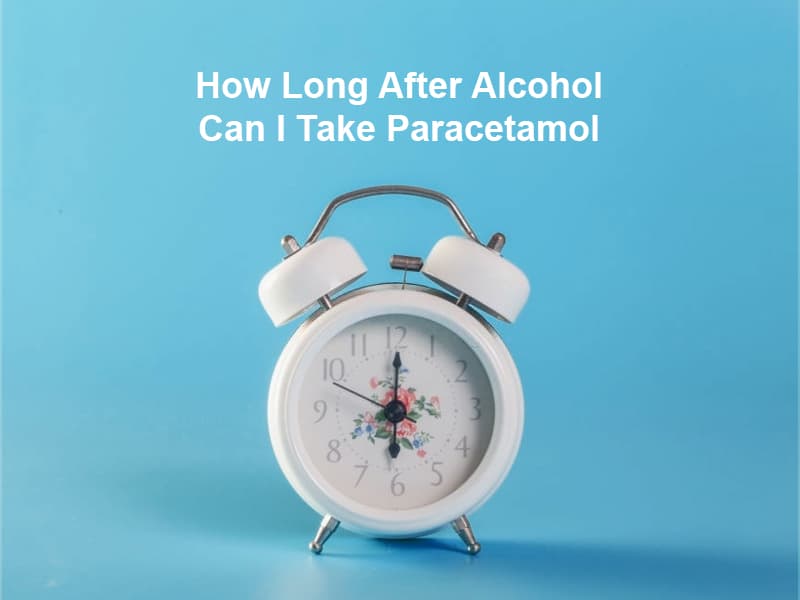
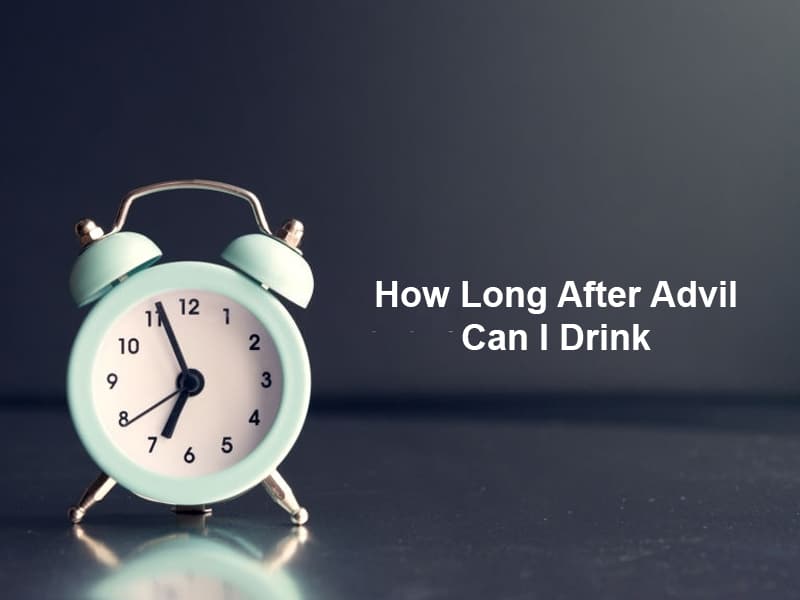
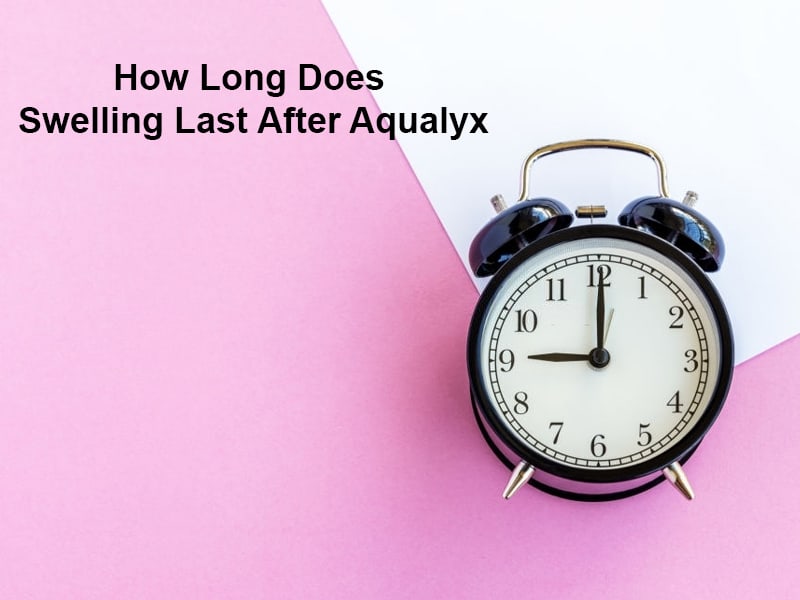
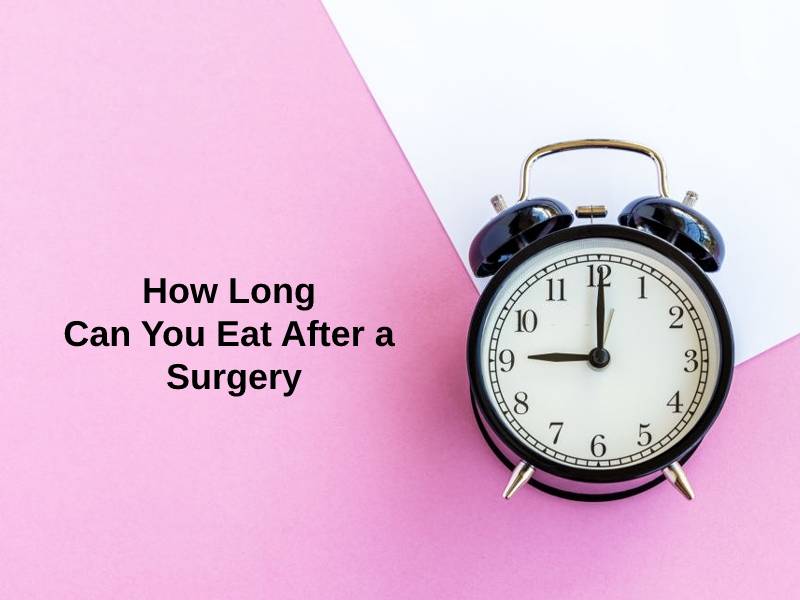
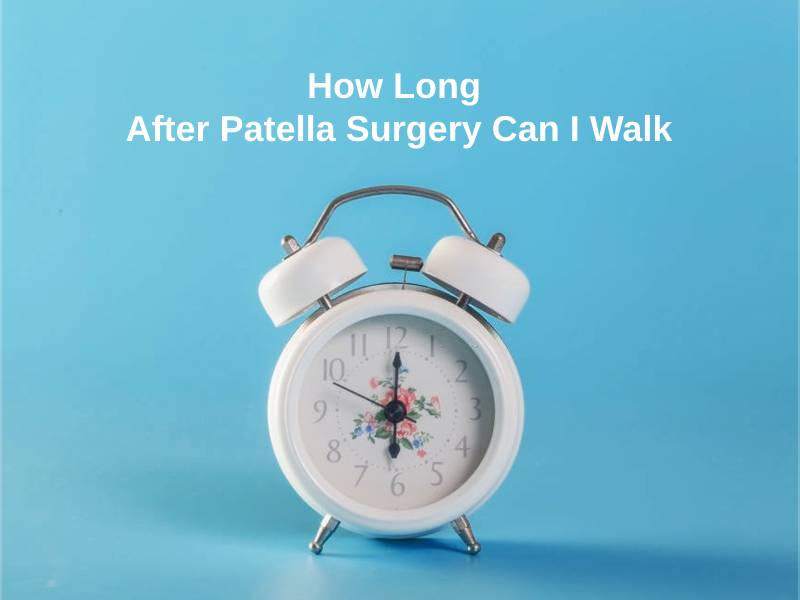
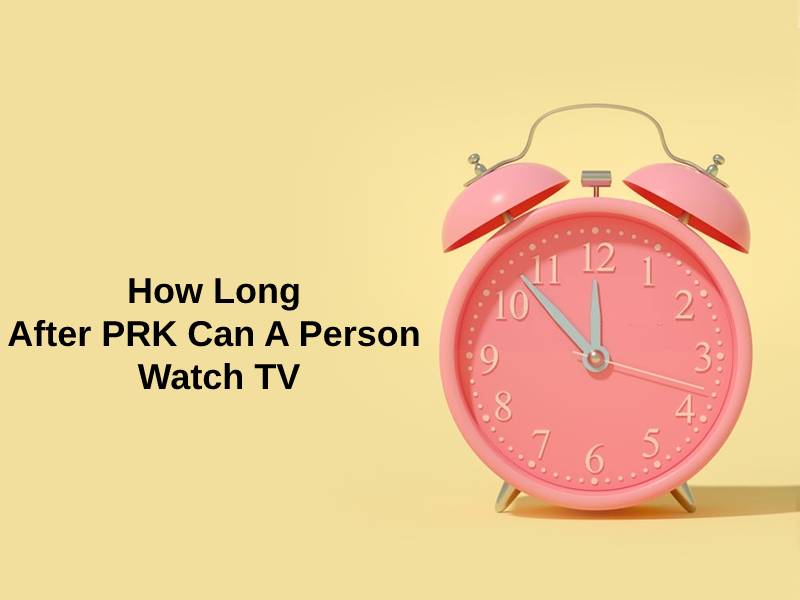
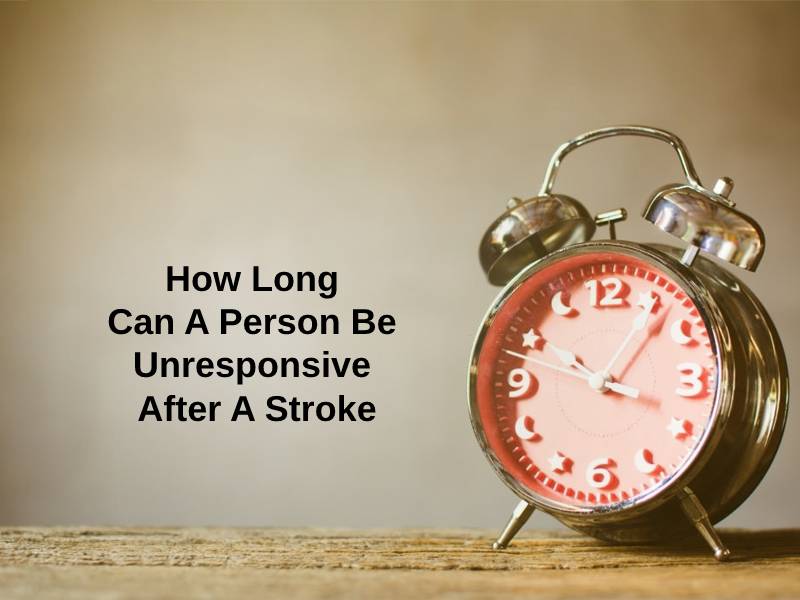
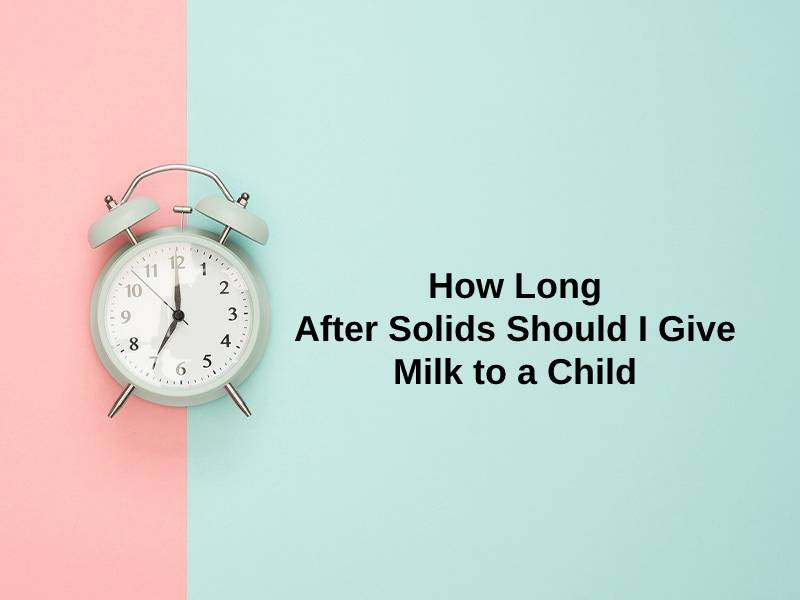
The explanation of DKA and its recovery process is detailed and comprehensive. It’s important for individuals to understand the severity and potential complications associated with the condition.
Definitely, raising awareness about DKA and its implications for recovery is crucial. Informative article!
Thanks for the detailed explanation about DKA and the recovery time. Very helpful information for those who are suffering from type 1 diabetes or other types of diabetes.
Absolutely, awareness about DKA and its recovery process is crucial to avoid serious complications. Great insight!
The acknowledgment of the impact of undiagnosed diabetes on DKA and recovery time is crucial. It’s important for individuals to understand the potential risks and seek timely diagnosis and treatment.
Absolutely, raising awareness about the risks associated with undiagnosed diabetes and its implications for DKA is imperative.
The explanation of the recovery process and the impact of complications on recovery time is valuable. The emphasis on prevention and early detection is crucial for diabetic patients.
It’s crucial for individuals to recognize the significance of early detection and prevention in managing DKA. Great article!
Absolutely, understanding the factors that influence recovery time and the importance of prevention is essential for diabetic patients.
The recovery time of 1 to 3 days is quite reassuring for someone who has experienced DKA. However, the emphasis on immediate hospitalization is crucial – it’s good to know that prompt medical attention can lead to such a quick recovery.
Definitely, knowing that timely medical care can significantly reduce the recovery time is comforting.
Absolutely, the importance of seeking urgent medical attention for DKA cannot be overstated. It’s a matter of life and death.
The conclusion about the management and prevention of DKA is thought-provoking. It’s essential for individuals to recognize the significance of awareness and proactive measures in avoiding serious complications.
Absolutely, emphasizing the importance of awareness and proactive prevention is key to reducing the impact of DKA. Informative post!
The detailed information about the management and recovery from DKA is enlightening. It’s important to recognize the gravity of the condition and understand the necessary steps for recovery.
The information about complications and longer recovery time due to specific complications is eye-opening. Recovery is not a one-size-fits-all timeframe and each case must be treated accordingly.
Absolutely, understanding the variations in recovery time based on specific complications is crucial for effective treatment.
Indeed, it’s important for patients and medical professionals to be aware of the potential complications and the impact they have on recovery.
Great article! The explanation of why it takes so long to recover, especially in cases of complications, is very informative and helpful. It’s important for patients to understand the recovery process.
The emphasis on early detection and prevention of DKA is paramount. It’s crucial for diabetic patients to prioritize their health and follow prescribed treatment regimens to avoid DKA episodes.
Absolutely, taking proactive measures to prevent DKA is key. This article provides valuable insights into the importance of early detection and prevention.